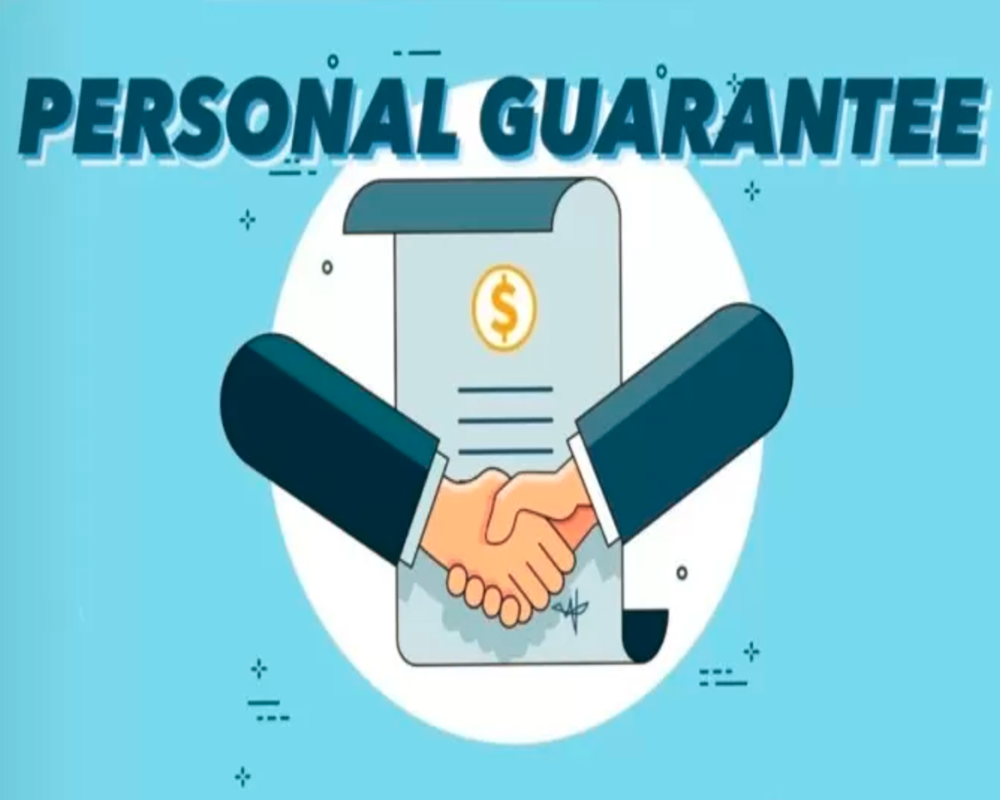1. Direct Personal Liability
- A personal guarantee makes the owner legally responsible for repaying a loan or obligation if the business defaults
- There is no separation between business and personal liability in a sole proprietorship
- The guarantee is often automatic, since the owner is already fully liable for all business debts
- Creditors can enforce the guarantee without needing to go through a separate legal process
- The owner’s personal wealth is fully exposed to business financial risk
2. Risk to Personal Assets
- If the business fails to repay a loan, the creditor can pursue the owner’s personal assets
- This includes property, savings, vehicles, and any other personal financial holdings
- Unlike limited liability structures, there is no legal protection for the owner’s private property
- Personal guarantees can be enforced through court orders and asset seizure
- In serious cases, the owner may face insolvency or bankruptcy
3. Legal Enforceability and Contracts
- Personal guarantees are often included in loan agreements, lease contracts, and credit arrangements
- Once signed, the guarantee becomes a legally binding obligation
- Creditors can sue the proprietor personally if the business fails to meet its commitments
- Some agreements include joint and several liability clauses, increasing exposure
- Legal action can proceed even if the business shuts down or changes form
4. Impact on Financial Standing and Creditworthiness
- A personal guarantee affects the owner’s credit score and financial credibility
- Defaulting on a guaranteed obligation results in negative entries in personal credit reports
- Future borrowing ability may be restricted due to the increased risk profile
- Lenders often consider existing guarantees when evaluating loan applications
- Repeated use of personal guarantees can weaken long-term financial flexibility
5. Precautions and Alternatives
- Before signing a personal guarantee, the sole proprietor should:
- Fully understand the terms, duration, and amount covered
- Limit the guarantee to a specific amount or timeframe, if possible
- Negotiate for a cap on liability or collateral-based agreements
- Keep a record of all signed guarantees and regularly review obligations
- Fully understand the terms, duration, and amount covered
Consider converting the business to a limited liability entity to reduce exposure


0 Comments